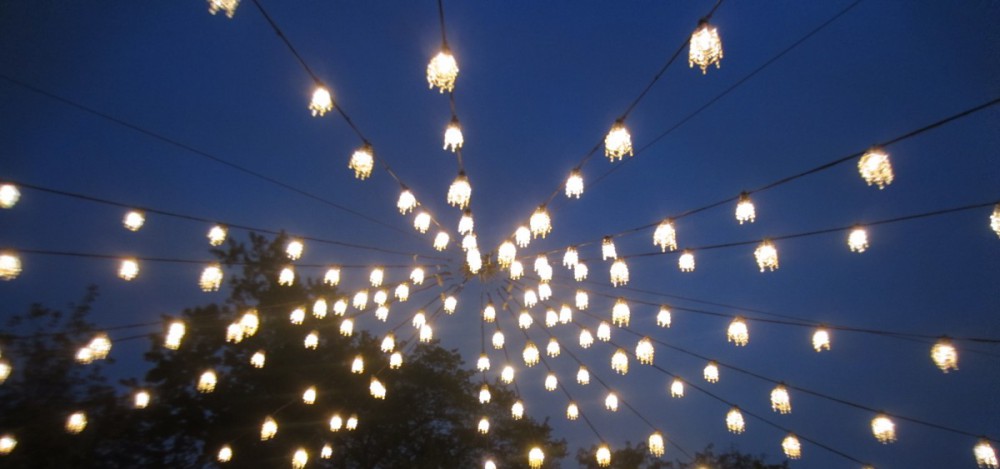Blogging has and always will be for me a way to express my opinions, feelings, and inner thoughts. I have found it to be both therapeutic and informing. I have grown as a person from the open environment of my Tumblr blog space. I have been able to see different perspectives, the rawest truths on high level issues, and the ability for human beings to sensitive and humane.
Before I dive deeper into this discussion let me begin buy offering a crash course in the world of Tumblr. Tumblr unlike other blogs is a platform for microblogging. Quotes are preferred to large blocks of text although they can still be found on those who chose to compose their individual blogs that way. While scrolling on your dash or main frame you are going to come across a multitude of things from cat memes to social issues. I have found Tumblr’s discourse community to have a multitude of smaller discourse communities called fathoms. These fathoms have different languages, known symbols, and leaders that have all been developed around a joint or popular interest. I have seen fathoms destroy other people who knew nothing of their lingo but I have also seen them protect their own as if they were brother and sister. The most important aspect of Tumblr I believe is that it is a platform that does not tolerate inequality. Lastly, it should be known that just as Vegas what happens on Tumblr stays on Tumblr. Your personal blog and what you reblog for many people in a way is private although it is for the entire community to see. When I first became involved with Tumblr I was timid about what I shared but after a while I came to understand the community and its open atmosphere I came to understand that even friends I followed on my blog did not judge me based on the content I shared.
To begin with, the first thing I learned from Tumblr is being truthful in all aspects of reporting. “The more informal personal nature of most blog writing is due to the fact that most blogs are by a single author. This places priority on voice” (Carroll, 178). Being your truest self on Tumblr is of the utmost important. Showcasing your interests and believes builds your credibility and following crowd. Just like any other blog it is important to always report the truth and be accountable for what you have written and published. I have seen many times Tumblr users speculate and have had other users do the work to correct their inaccuracies. Tumblr above all promotes the honesty is the policy slogan. As a member of the community we strive to help and maintain the betterment of our fellow bloggers.
The freedom of expression is another important aspect of Tumblr or any other blogging site I believe. “So subscribing to any code of ethics is voluntary. To maintain or preserve a writer’s freedom of expression, it would have to be so” (Carroll 185). What a person writes whether agreeable or not is not to be tampered with. If you have an opinion comment, or share, but do not for any reason flame a fellow blogger for their right to expression. Additionally, as mentioned within that quote for any new comer or outsider it should be understood that there is a code by which all users of said blogging community adheres to. As to avoid misinterpretations read further into the blog and the author to understand perspective.
Lastly, it is important to never change any ones work, remove identifying tags, or markings. People have spent time pouring in effort and heart into their work; presenting their voices in what they believe to be the best representation of themselves and ideas. Even authors should not change their work after it has been published, “So, after something has been posted, editing should be limited to fixing typos, smoothing out grammar, and modifying unfortunate word choices, but no more.” (Carroll, 189). Work published should have been revised before and what is said has been said. Bloggers must understand that if they do not want to misinterpreted that they have to be as clear and concise as possible in order to be understood properly.
Tumblr has taught me to also be truthful and represent myself in the best light as I see fit. My words, photos, and what I choose to post are a clear representation of my online identity. In order to be not only an abiding Tumblr user but an active blogger I must respect guidelines set by not only Tumblr but the general blogging community as a whole.



